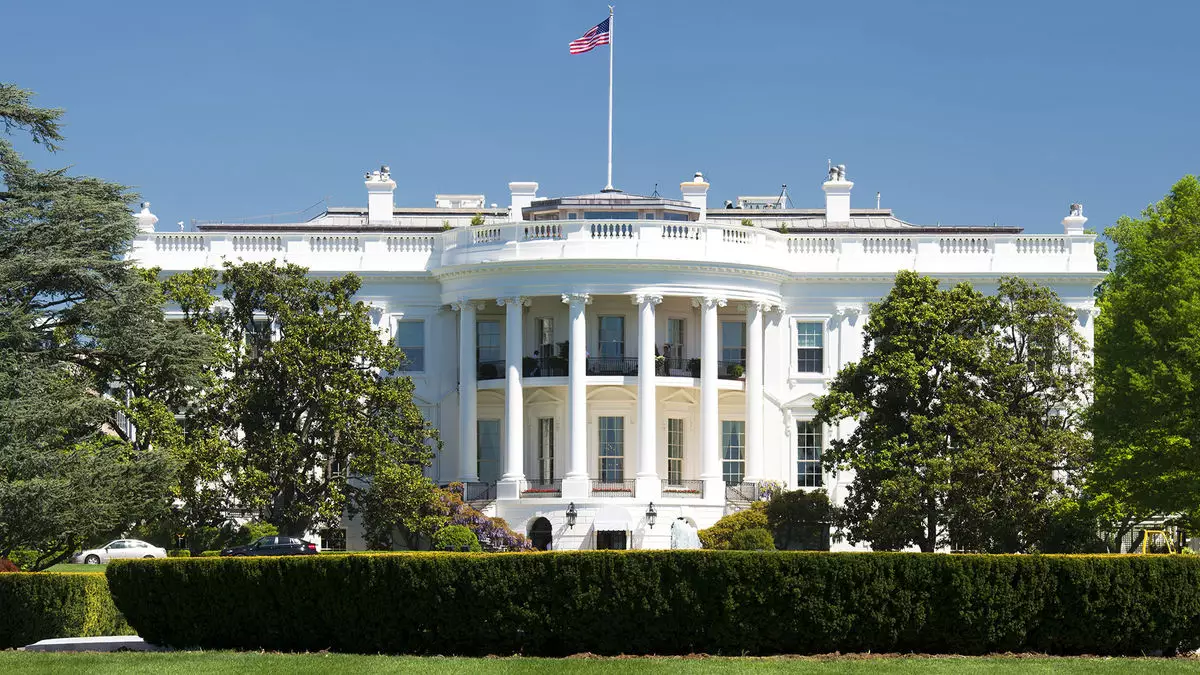In a move indicative of the travel industry’s ongoing struggles, the American Society of Travel Advisors (ASTA) has addressed a pivotal letter to the incoming Trump administration. The correspondence outlines critical priorities such as the potential reinstatement of travel bans, pressing concerns regarding airline ticket refunds, and broader regulatory changes that impact travel agencies. Given the tumultuous landscape that the industry has navigated, the letter encapsulates anxieties that resonate not just with travel advisors, but with consumers and the hospitality sector at large.
One of ASTA’s primary apprehensions pertains to the suggestion of reinstating travel bans that were previously identified during Trump’s first presidency. On the campaign trail, Trump expressed intentions to not only revive these restrictions but also to expand them to include refugees from conflict zones like Gaza. Such prohibitive measures echo the contentious atmosphere surrounding the initial travel ban imposed in January 2017, a policy that alienated various communities and drew extensive backlash from the travel industry. ASTA’s CEO, Zane Kerby, remarked that any form of restriction could lead to substantial instability within the travel sector, which thrives on certainty and predictability.
The fears are salient; travel restrictions have historically fostered negative perceptions of the U.S. as a welcoming destination. The adverse effects of the previous ban—which was Judicially upheld but heavily criticized—still linger in the minds of potential international travelers, and reinstating such measures would likely deter inbound tourism further. With the post-pandemic world clamoring for revival, any prospective restrictions could thwart recovery efforts, ultimately compromising the country’s competitive edge in the global travel market.
ASTA also voiced its alarm over the Department of Transportation’s (DOT) new refund procedures for airline tickets which could threaten the viability of many travel agencies. Effective since late October, these rules dictate that any airline must provide refunds for canceled or significantly altered flights. However, the stipulation does not clarify how airlines should manage reimbursement of travel agencies acting as the merchant of record, particularly for bulk purchases made for group travel. The paradox lies in the fact that many agencies may not have sufficient funds to offer these refunds independently, endangering their financial health.
The proposed modification solicited by ASTA reflects an urgent need for a customer-friendly yet practical approach, advocating for a structured timeline where airlines remit refunds promptly after cancellations, followed by agencies disbursing those funds to clients within a reasonable sequence. Failure to adjust these parameters risks exacerbating the already fragile standing of travel agencies, which have borne the brunt of disruptions caused by the pandemic and regulatory shifts.
In a further plea, ASTA highlighted regulatory changes concerning the classification of independent contractors (ICs), a vital component of the travel advisory ecosystem. With over 85,000 ICs working across the U.S., the impact of new rules enacted by the Department of Labor in early 2024 has elicited concerns of inconsistency and confusion. The Society urges the administration to revert to previous regulations that offered clearer criteria for classifying workers, thereby fostering stability for agencies heavily reliant on IC partnerships.
Regulatory clarity is not just a bureaucratic necessity but a fundamental component that allows agencies to effectively manage their workforces and ensure compliance without incurring undue burdens. The call for a singular standard across federal agencies reflects a desire for coherence in an otherwise fragmented regulatory landscape.
ASTA’s discourse extends to combating hidden fees prevalent in hotel bookings, particularly in light of the Federal Trade Commission’s (FTC) recent regulations. The society advocates for protective measures for travel agencies against enforcement actions when inaccuracies occur due to third-party hotel information. This proposal seeks to shield travel professionals from being unduly penalized for information received, thereby promoting fair business practices.
Moreover, an emphasis on establishing a Passenger Experience Advisory Committee underscores the need for representation of travel advisors in dialogues affecting air travel. With travel advisors constituting a significant portion of air ticket sales, their absence in policy considerations creates a void that needs addressing.
ASTA’s letter to the incoming administration is not just a list of demands but a clarion call for collaboration and a progressive outlook on the travel industry’s future. The concerns highlighted exhibit a profound understanding of the intricate challenges facing travel advisors and stakeholders in the broader ecosystem. Careful attention to these matters will determine how the industry emerges from past fines and failures, paving the way for a stronger, more resilient travel sector that effectively balances regulatory oversight with thriving commerce.


Leave a Reply